My name is Dalton Shows and I went through detox and residential treatment at Arista. The staff are incredible Morgan, my case manager was incredibly patient with me, Laura my therapist helped me work through things I never thought I could. BHT Jess is the most sincere carin ...
About Arista Recovery: Addiction Treatment Center In Kansas
Arista Recovery welcomes both residents and those considering traveling to the town who need help overcoming addiction. The treatment center believes in providing evidence-based, science-driven treatments based on principles of psychology and neuroscience. The 38-acre rehab center features a fitness center, a greenhouse and garden, a movie theater and other amenities.
One of the programs that stands out the most at Arista Recovery is the Synergistic Recovery Program. It focuses on healing the brain through the use of physical movement and rigorous physical exercise. You’ll participate in a group doing movement activities to increase your heart rate. This form of therapy can help you in your addiction recovery by teaching you self-regulation, reducing your symptoms of anxiety and depression and improving your capacity to manage stress.
Other therapy options available at this facility include sand tray therapy, art therapy and horticultural therapy. I like that the facility understands that sometimes traditional talk therapy may not always be the most effective treatment method for some individuals. Sand tray therapy involves playing with objects on a sand tray by moving them around. It can be effective by allowing you to more easily express past painful events that may have caused your addiction and also help you to relieve your stress.
Horticultural therapy can have a similar effect in helping you relax and feel less desire to use substances. A staff member will guide you in doing activities such as potting new plants and watering. As you see the progress of your plants, it can raise your self-esteem which can make you more confident in your recovery journey.
Latest Reviews
Rehab Score
Gallery
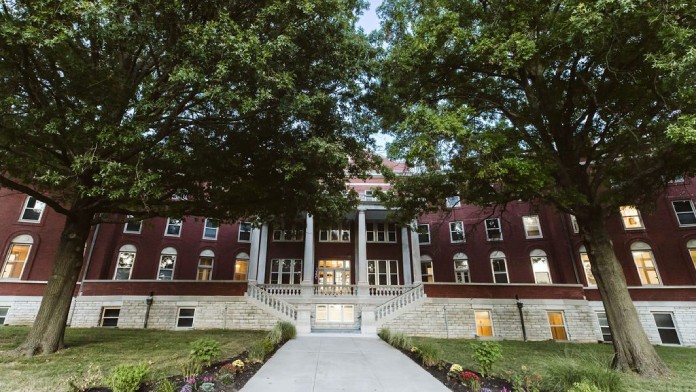

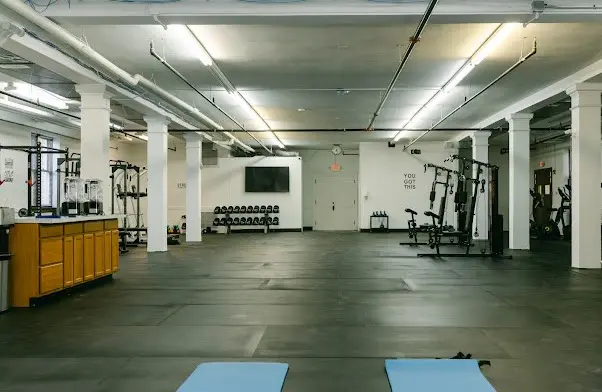
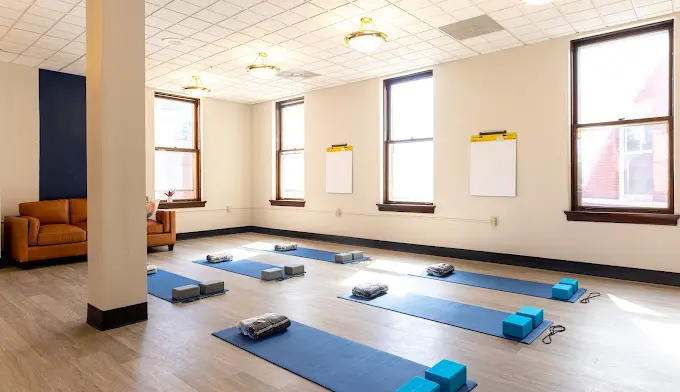
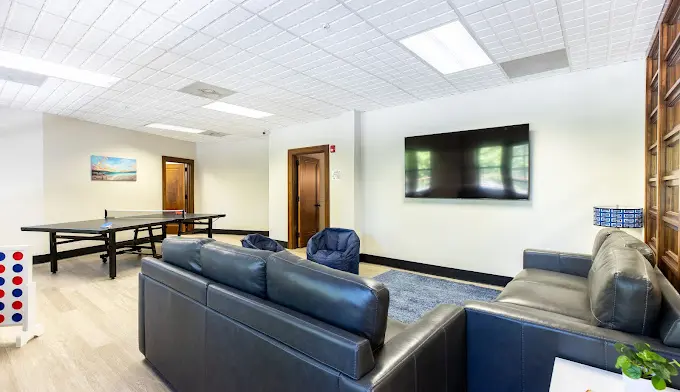
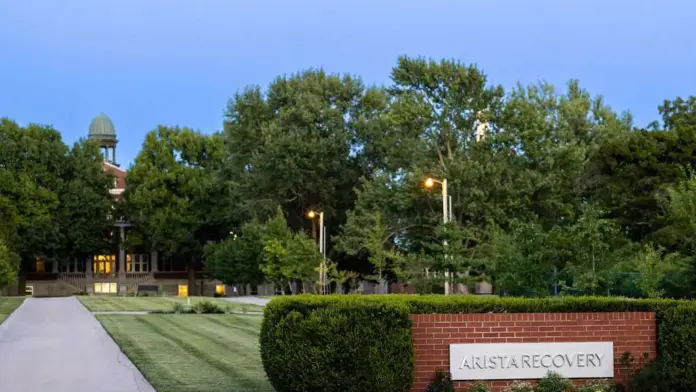
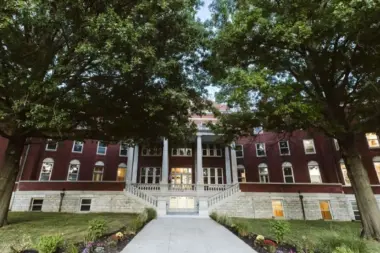

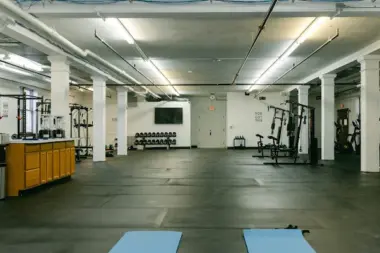
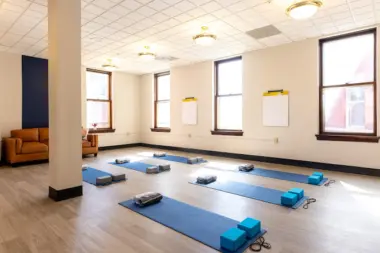
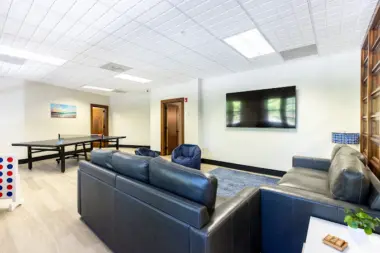
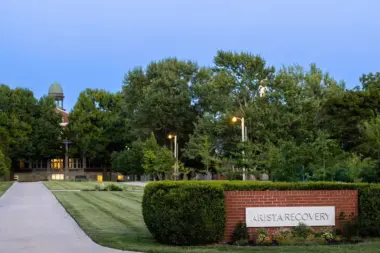
Accepted Insurance
Other Forms of Payment
Private insurance refers to any kind of healthcare coverage that isn't from the state or federal government. This includes individual and family plans offered by an employer or purchased from the Insurance Marketplace. Every plan will have different requirements and out of pocket costs so be sure to get the full details before you start treatment.
Self-pay involves paying for treatment out of your own pocket. You can use savings or credit, get a personal loan, or receive help from family and friends to fund your treatment. If you don't have insurance or your insurance plan doesn't cover a specific program, self-pay can help ensure you still get the care you need.
Private insurance refers to any kind of healthcare coverage that isn't from the state or federal government. This includes individual and family plans offered by an employer or purchased from the Insurance Marketplace. Every plan will have different requirements and out of pocket costs so be sure to get the full details before you start treatment.
Financial aid can take many forms. Centers may have grants or scholarships available to clients who meet eligibility requirements. Programs that receive SAMHSA grants may have financial aid available for those who need treatment as well. Grants and scholarships can help you pai for treatment without having to repay.
Addiction Treatments
Levels of Care
Outpatient Programs (OP) are for those seeking mental rehab or drug rehab, but who also stay at home every night. The main difference between outpatient treatment (OP) and intensive outpatient treatment (IOP) lies in the amount of hours the patient spends at the facility. Most of the time an outpatient program is designed for someone who has completed an inpatient stay and is looking to continue their growth in recovery. Outpatient is not meant to be the starting point, it is commonly referred to as aftercare.
Residential treatment programs are those that offer housing and meals in addition to substance abuse treatment. Rehab facilities that offer residential treatment allow patients to focus solely on recovery, in an environment totally separate from their lives. Some rehab centers specialize in short-term residential treatment (a few days to a week or two), while others solely provide treatment on a long-term basis (several weeks to months). Some offer both, and tailor treatment to the patient's individual requirements. Linden Oaks' Residential Stay Program offers additional support for those who may benefit from a structured living environment. A patient's stay may vary from a few days to 30 days ago. The program includes group, family and individual counseling.
Intensive Outpatient programs are for those who want or need a very structured treatment program but who also wish to live at home and continue with certain responsibilities (such as work or school). IOP substance abuse treatment programs vary in duration and intensity, and certain outpatient rehab centers will offer individualized treatment programs. The Intensive Outpatient Program gives patients the chance to participate in a structured treatment plan part-time while they transition back to home and work or other responsibilities. This program provides half-day treatment (Monday, Wednesday and Friday, 9:15 am to 12:30 pm).
Sober living homes in Kansas offers a balance of freedom, structure, and accountability to provide a safe environment where individuals in recovery can practice maintaining a sober lifestyle. Recovery homes, also called halfway houses, typically include daily chores, set meal times, curfews, and required 12-step meeting attendance. This setting can be beneficial for those who need additional support after treatment before returning home.
A partial hospitalization program (PHP) offers short-term intensive rehab for those who don't require 24-hour care. Often known as "day treatment," a partial hospitalization program allows individuals to receive treatment during the day and return home in the evening. The duration of PHP treatment is flexible, allowing you to actively engage in daily 4-6 hour sessions, at least 5 days a week, for an average of 90 days. PHP treatment encompasses a range of evidence-based therapies and other behavioral therapy interventions.
Physical withdrawal can be uncomfortable, and in severe cases, it can even be dangerous. In an inpatient environment, a medically assisted detox is performed by a team of licensed medical professionals who monitor your vitals, provide medications when necessary, and ensure your safety, health, and comfort during this process. Medical detox is usually the very first step in the recovery process.
Treatments
A person with alcoholism, also known as alcohol use disorder (AUD), is unable to stop drinking despite experiencing negative consequences. They continue to drink, even if it causes problems at home or work. When an individual becomes dependent on alcohol, expert intervention is often necessary to recover. Psychological, social, and medical supports are available at alcohol rehab in Kansas which makes long-term recovery possible.
The length, intensity, setting, and treatment methods vary for each drug rehab in Kansas. Plans of care can be tailored to meet each person's own unique situation and needs. With the right program, individuals can successfully achieve long-term sobriety.
Drug rehabs in Kansas provide specialized care for individuals looking to overcome substance abuse and addiction. These programs offer a range of care options, including outpatient, inpatient, dual-diagnosis, and partial hospitalization programs. Expert clinicians utilize evidence-based treatments and trauma-informed therapies to address substance abuse and empower individuals in their long-term recovery.
Specialized dual-diagnosis addiction treatment programs in Kansas have the expertise to treat individuals with co-occurring substance use disorders and mental health conditions. Care levels include outpatient, inpatient, and partial hospitalization programs. Using evidence-based interventions, like cognitive behavioral therapy, or dialectical behavioral therapy, art therapy, and psychoeducation, clinicians address co-occurring disorders simultaneously, helping patients achieve sobriety and improve their overall mental health and physical well-being.
Programs
Adult rehab programs include therapies tailored to each client's specific needs, goals, and recovery progress. They are tailored to the specific challenges adult clients may face, including family and work pressures and commitments. From inpatient and residential treatment to various levels of outpatient services, there are many options available. Some facilities also help adults work through co-occurring conditions, like anxiety, that can accompany addiction.
Clinical Services
If your therapist applies methods of cognitive behavioral therapy in Kansas, you can expect to gain a better understanding of your thoughts and behaviors and learn how to cope with difficult situations without using substances. This method is a proven technique for treating substance use and mental health disorders.
During dialectical behavior therapy, you'll work with your therapist to learn new skills that allow you to better regulate your emotions. This treatment involves a pre assessment, individual therapy, skills training in groups, and telephone crisis coaching.
Substance abuse treatment typically includes group therapy where you can learn essential coping skills that help you navigate challenges within the community and relapse prevention strategies that support sustainable recovery. Group therapy offers you a platform to share your stories with your peers who understand the journey you are on.
The goal of trauma therapy is to address the lingering emotional and physical responses from witnessing or experiencing a traumatic event. Your therapist helps you develop strategies that manage your symptoms while processing the traumatic memories. This improves your overall well being and reduces your physical and emotional responses to triggers.
Experiential therapy allows you to examine your inner feelings, values, and views of the world by participating in an interactive or creative activity. Your therapist helps you analyze your perceptions and work through any past trauma that may negatively affect your views.
Amenities
-
Gym
Staff & Accreditations
Staff

Daniel Jacob
CEO & Owner
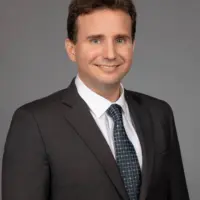
Manuel Gonzalez-Joy
CFO

Robert Olivarez
VP of Operations

Gregory Plakias
CMO

Dr. Jordan C. Calabrese, D.O
Medical Director
Accreditations

The Joint Commission, formerly known as JCAHO, is a nonprofit organization that accredits rehab organizations and programs. Founded in 1951, the Joint Commision's mission is to improve the quality of patient care and demonstrating the quality of patient care.
Joint Commission Accreditation: Yes

LegitScript has reviewed Arista Recovery: Addiction Treatment Center In Kansas as part of their certification program, and has determined that it meets the LegitScript standards for legality, safety and transparency.
LegitScript verified in

State Licenses are permits issued by government agencies that allow rehab organizations to conduct business legally within a certain geographical area. Typically, the kind of program a rehab facility offers, along with its physical location, determines which licenses are required to operate legally.
State License: Kansas
Contact Information
901 E Miami St
Paola, KS 66071












